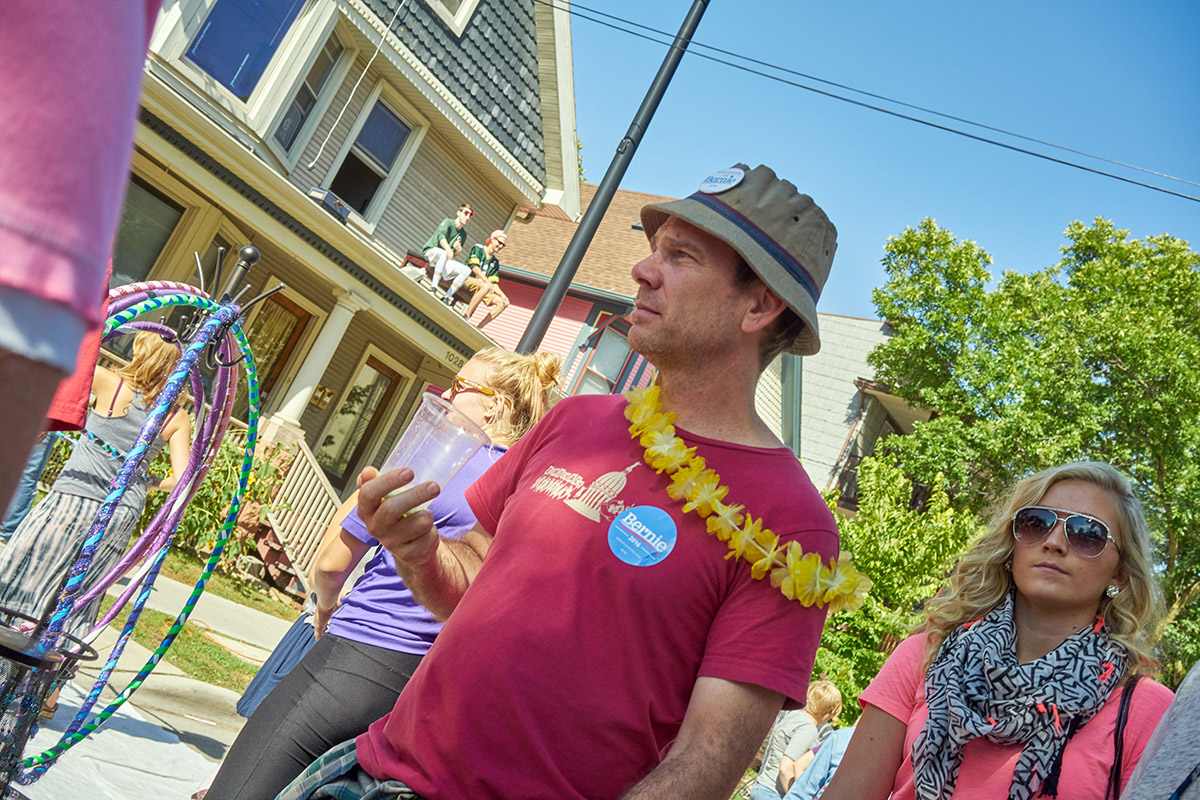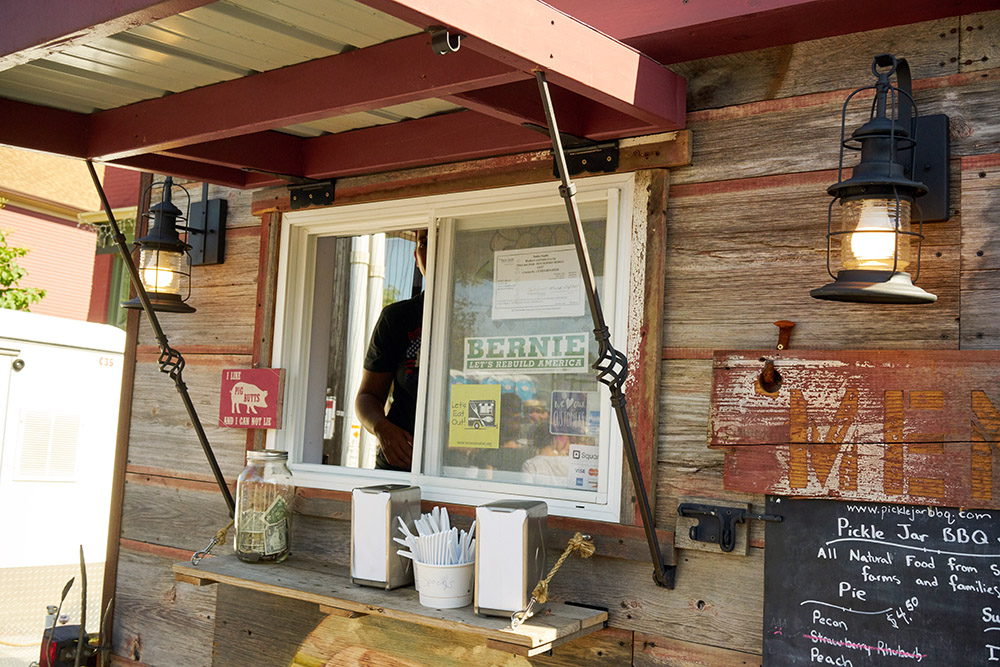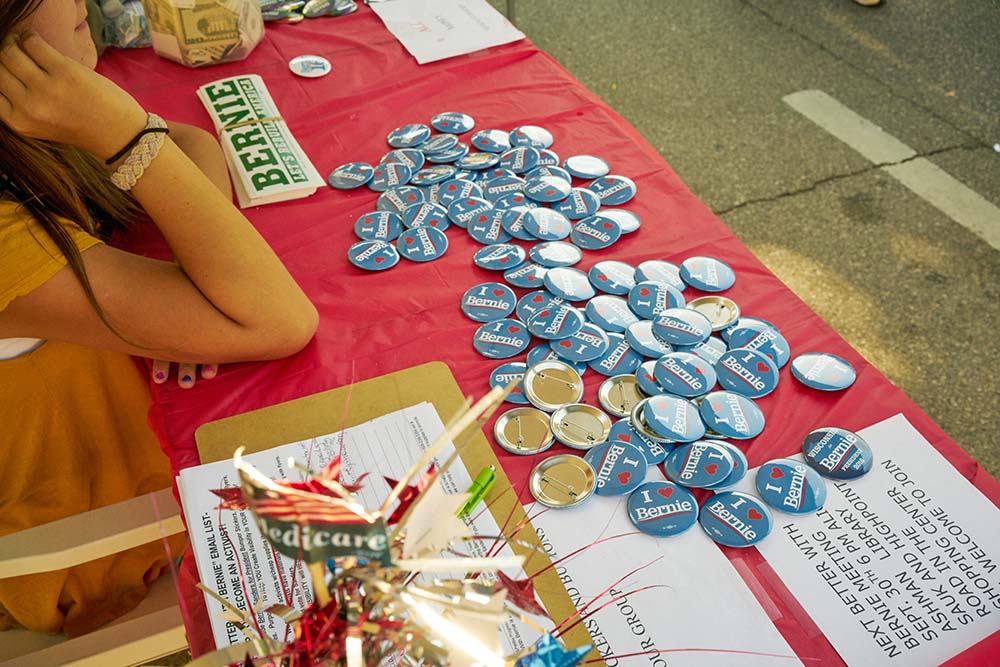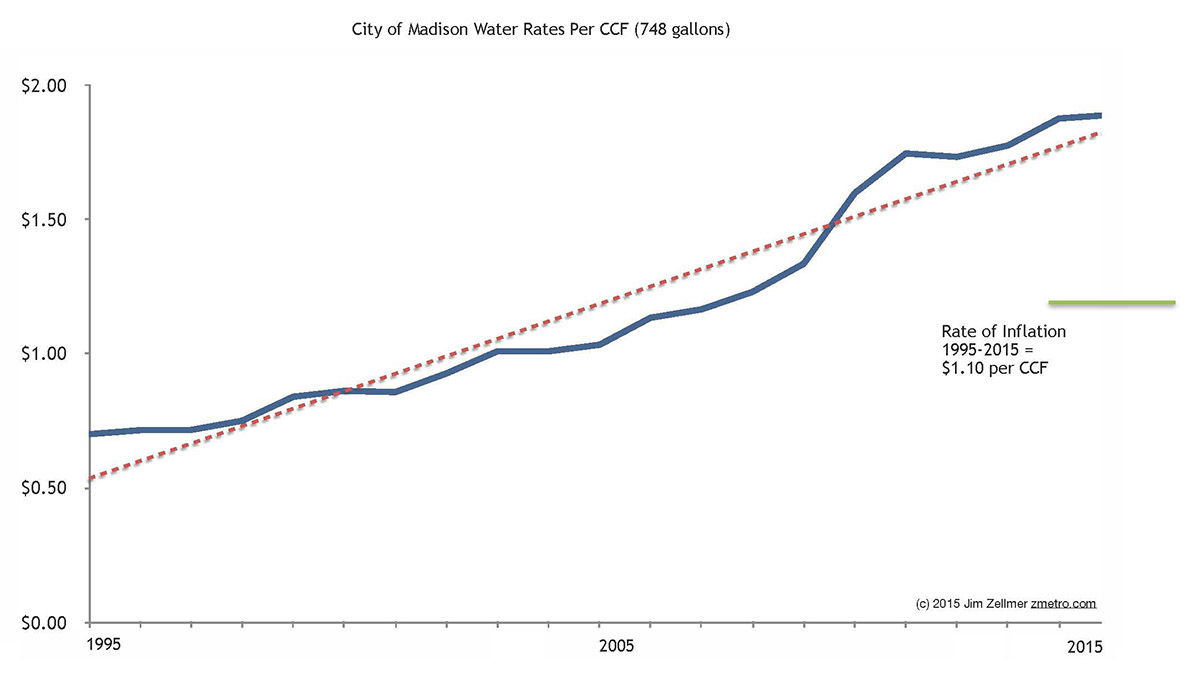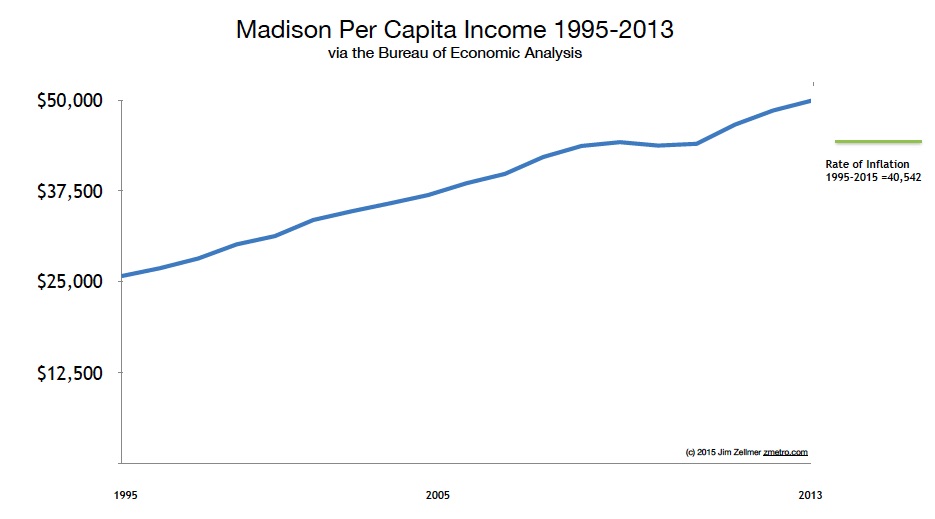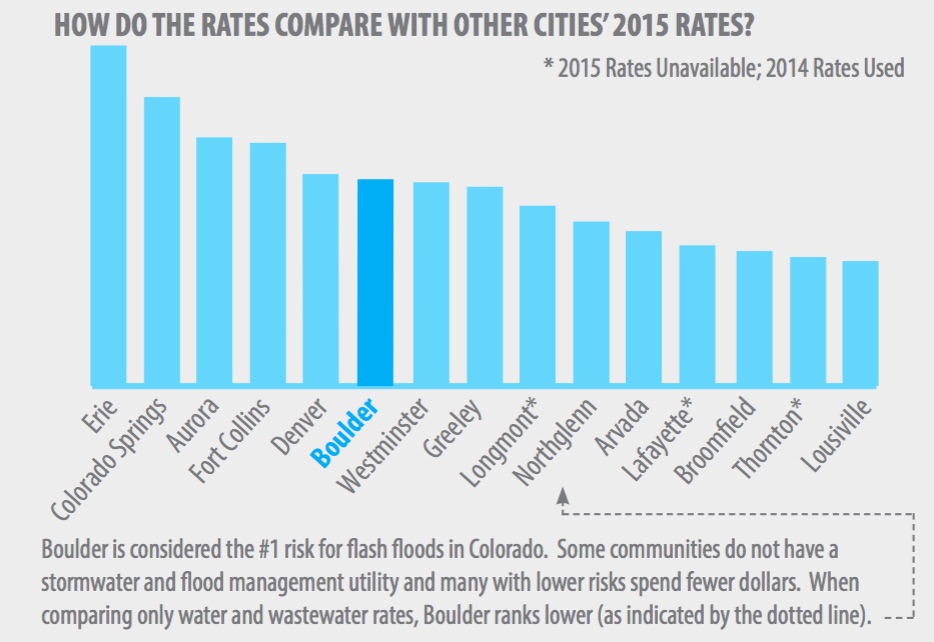I appreciate the Post Office.
Beyond delivering Christmas Cards, bills, junk mail and the occasional package, I find their personnel to be cheerful and helpful. I also use the post office for the occasional shipment, perhaps a lens sold on ebay.
And, so it was recently, that I shipped a used lens to a buyer in a major city. The buyer messaged me, requested and paid for overnight shipping.
Regrettably, the small box was not delivered the next day, nor, the next. Rather, it arrived three days after shipment, despite paying for overnight service.
“You can probably get a shipping refund”, so said a post receipt buyer’s message. Indeed. I returned to the post office’s website and found that while they would refund my shipping fees, collecting same required a visit to a nearby post office.
And, so it was, on a recent Wednesday that I journeyed to the nearest post office over lunch, expecting long lines and wasted time.
This time, however, there were three attendants and just one customer.
I was summoned to one of the attendants and sought my refund – receipt and tracking number in hand. “Oh, I have to have my manager approve that”. The Post Office is not in a great position to give money back. Wait, let’s see what happened here. Your box sat in Milwaukee for a day. They did not do their job. This should come out of their salary. People need to do their jobs. There’s no excuse for this”.
During this soliloquy, another customer appeared, this time a retiree seeking a form H-2412Mxd (I don’t recall the name), “the one that turns off junk mail”. “I am tired of receive all of this junk mail”.
My attendant responded: “that junk mail keeps your rates low. I don’t support turning it off”. Another attendant knew the form of which he spoke. Evidently rarely used, it required a photo copy and several signatures. He repeated, “I don’t support that. We need all the money we can get”.
Meanwhile, the manager appeared and applied the required signatures to the overnight delivery failed refund form.
Unfortunately, my attendant’s computer completely froze during turn off the junk mail fracas. I was asked to wait for another attendant amidst a now extensive line of customers awaiting service.
The computer continued in its frozen state while another postal service colleague offered to help. With overnight failure refund form signatures in hand, he began entering lots of data into his still working pc computer.
“Does anyone have $45 cash, he asked?”
Turning to me, “We don’t have much cash, so I will have to give you a Postal Service Money Order”. “Take it to a bank and they will accept it, just like cash.
Some might make you deposit it”.
I like the post office, but wonder what will become of it in 10 years time.


